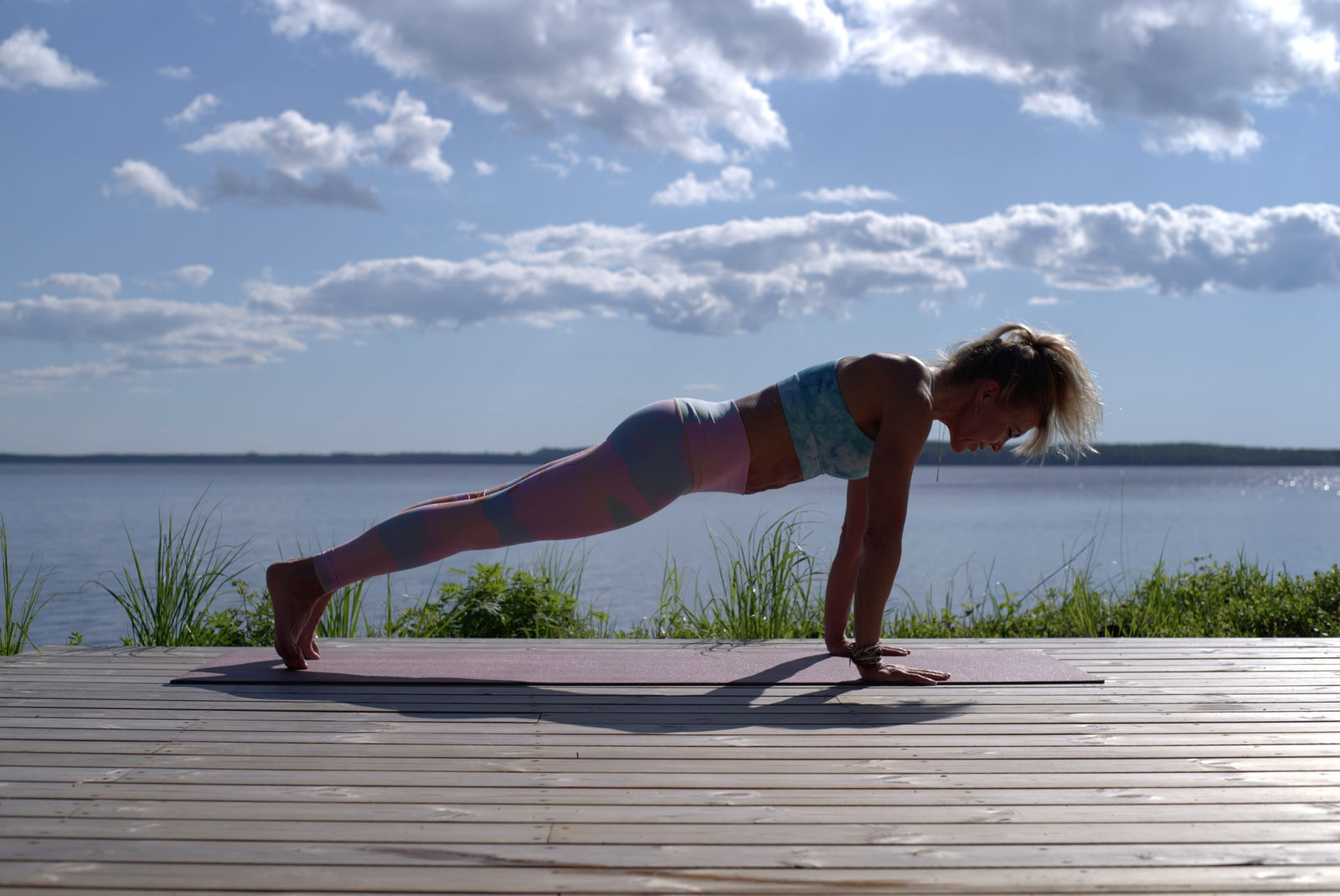If you've ever drunk Sleepy Time tea, you've had chamomile flower extract. It has been known to humans for millennia and is still a very popular herbal remedy for many illnesses--not just a sleep agent.
The first known use of chamomile dates back to around 1550 B.C. in Egypt. It is depicted on the Ebers Papyrus of ancient Egypt. There, it was used to cure sick people, honor the gods, and as an embalming agent.
The ancient Romans used it as an incense and as a beverage.
There are two types: German chamomile, and Roman chamomile. The Roman variety got its name because a botanist found it growing in the Colosseum in Rome in the 1800s.
The site Tea Muse gives the word history of chamomile [1]:
Chamomile has a distinctly applelike taste and aroma. In fact, the word "Chamomile" as we now know it comes from the ancient Greek kamai-melon, or "ground apple." The Spanish call Chamomile "Manzanilla" — or "little apple." A leisurely stroll through the famous Chamomile Lawn of Buckingham Palace is sure to provide this sensation.
A study in the journal Molecular Medicine Reports says, "Chamomile is one of the oldest, most widely used and well documented medicinal plants in the world and has been recommended for a variety of healing applications." [2]
Today, people worldwide drink hundreds of millions of cups of chamomile tea every year, and it remains one of the most popular herbal teas.
Some of chamomile's applications
That article in the journal is a study of other studies that looked at the healing benefits of chamomile. The flower has many different types of healing substances, including flavonoids and terpenoids, powerful antioxidants.
People use the herb with 1 part chamomile flower with 4 parts water with 12% grain alcohol to treat summer diarrhea in kids. It is also used along with purgatives to prevent cramping.
People use the flowers along or with crushed poppy heads as a poultice for pain from inflammation or nerve pain, and for external swelling from underlying infections or abscesses.
A video on the benefits of chamomile
The entire plant is used to make herbal beers. It is also used for lotions for earache, toothache, nerve pain.
Some also use it as a bath additive to soothe ano-genital inflammation.
As a tea, it can be used as a mouthwash or gargle for inflammation of the mucous membranes in the mouth and throat.
Some inhale the vaporized essential oils to relieve anxiety and depression.
Some diseases chamomile may help fight
The study in Molecular Medicine Reports lists 19 areas where scientists have looked into the possible healing effects of chamomile. Though further research is needed, some of them include:
- As an anti-inflammatory. The healing flavonoids and essential oils penetrate below the skin's surface to deeper layers.
- Anti-cancer activity. Chamomile may inhibit the growth of skin, prostate, breast, prostate, and ovarian cancer cells.
- May reduce risk of death from coronary heart disease in older males. "Ten of the twelve patients fell into a deep sleep shortly after drinking the beverage," the article says.
- Along with pectin, it may help reduce colic and diarrhea in children.
- "Topical applications of chamomile have been shown to be moderately effective in the treatment of atopic eczema."
- "Chamomile is used traditionally for numerous gastrointestinal conditions, including digestive disorders, "spasm" or colic, upset stomach, flatulence (gas), ulcers, and gastrointestinal irritation. Chamomile is especially helpful in dispelling gas, soothing the stomach, and relaxing the muscles that move food through the intestines." It also may be an effective antacid.
- Chamomile ointment may prevent hemorrhoids.
- Boosts the immune system.
- One area that hasn't been studied widely is the soporific or sleep-inducing effects of chamomile. But the study says: "Traditionally, chamomile preparations such as tea and essential oil aromatherapy have been used to treat insomnia and to induce sedation (calming effects). Chamomile is widely regarded as a mild tranquillizer and sleep-inducer. Sedative effects may be due to the flavonoid, apigenin that binds to benzodiazepine receptors in the brain. That is why VALI puts it in Sleep Well[3].
- It may help combat generalized anxiety disorder and seizures.
- Wound healing.
More studies are needed to determine if reported efficacy for vaginitis, sore throat, and diabetes will hold up.
What else does VALI Sleep Well have?
VALI Sleep Well [4] has nine other ingredients that we formulate for their calming, sleep-inducing qualities. They are:
- Magnesium, to relieve insomnia and decrease the stress hormone cortisol that can keep you awake. Magnesium helps muscles relax.
- 5-HTP, an amino acid, 5-Hydroxytryptophan, that helps the body produce serotonin, which helps regulate the sleep cycle. 5-HTP also improves mood and eases stress and anxiety so you can fall asleep faster.
- GABA, a neurotransmitter that eases anxiety and reduces stress to treat insomnia. Scientists believe it is essential for deep sleep.
- Passion flower extract, an herb that calms and aids falling asleep and maintaining restful sleep.
- Chamomile flower extract, an herb known for its ability to calm stress and anxiety, and relax muscles. It is the main ingredient in "sleepy time" tea.
- Valerian extract, a root extract aids sleep and treats restlessness, nervousness, and anxiety. Sleep Well’s valerian extract is deodorized to minimize the unpleasant smell.
- L-theanine, an amino acid that reduces stress, calms the body, stimulates the production of GABA, and helps you stay asleep longer.
- Lemon balm extract, a member of the mint family, it is a calming herb that reduces stress, anxiety, eases pain, and promotes healthy sleep.
Conclusion
If you have trouble sleeping, VALI Sleep Well is a proven, natural formula that can help you sleep without pharmaceutical chemicals that can leave you drowsy and disoriented the next morning.
For some sleep tips, see this VALI blog [5].
Sources:
[1] https://www.teamuse.com/article_050201.html
[2] https://www.ncbi.nlm.nih.gov/pmc/articles/PMC2995283/
[3] https://www.valiup.com/products/vali-sleep-well-natural-sleep-aid
[5] https://www.valiup.com/blogs/vali-blog/some-facts-about-the-sleep-aid-melatonin








